The Rockefeller Habits, derived from the business practices of John D. Rockefeller, represent a time-tested framework for scaling businesses effectively.
These habits have been successfully implemented by CEOs, leaders, and business owners for over a century, proving their enduring relevance in modern business operations.
Understanding the 10 Rockefeller Habits in Detail
1. Maintaining a Healthy and Aligned Executive Team
The foundation of any successful business lies in its leadership. This habit emphasises:
– Regular team meetings (weekly recommended) for strategic planning
– Understanding team members’ differences and working styles
– Ongoing executive education (monthly basis)
– Creating an environment where constructive debate flourishes
– Ensuring all team members feel comfortable participating in discussions
2. Strategic Quarterly Alignment
This habit focuses on unified direction through:
– Identifying a Critical Number for quarterly progress
– Establishing 3-5 key priorities (Rocks) that support the Critical Number
– Creating engaging quarterly themes with celebrations/rewards
– Visible progress tracking throughout the organisation
– Weekly updates on progress toward quarterly goals
3. Effective Communication Rhythm
Communication is streamlined through:
– Daily huddles (under 15 minutes) for all employees
– Weekly team meetings for tactical alignment
– Monthly executive and middle management learning sessions
– Quarterly and annual off-site strategic planning sessions
– Clear channels for information flow throughout the organisation
4. Clear Accountability Structure
Every aspect of the business has designated ownership:
– Completed Function Accountability Chart (FACe)
– Assigned ownership for each financial statement line item
– Process Accountability Chart (PACe) with clear ownership
– Expert advisory board members for key strategic capabilities
5. Employee Feedback Integration
Continuous improvement through:
– Weekly Start/Stop/Keep conversations between executives and employees
– Regular sharing of employee insights at executive meetings
– Systematic collection of employee input on obstacles and opportunities
– Dedicated mid-management team for addressing feedback
6. Customer-Centric Feedback System
Customer insights are prioritised through:
– Weekly executive conversations with end users
– Shared customer insights at executive meetings
– Organisation-wide involvement in customer data collection
– Structured process for addressing customer feedback
7. Living Core Values and Purpose
The organisation’s culture is actively maintained through:
– Well-defined and communicated Core Values and Purpose
– Leadership alignment with values in praise and corrections
– HR processes that reflect core values
– Quarterly actions to strengthen organisational culture
8. Strategic Clarity
Employees understand and can articulate:
– The Big Hairy Audacious Goal (BHAG) and its progress
– Core Customer profile in 25 words or less
– Three Brand Promises with weekly KPI tracking
– A compelling elevator pitch
9. Performance Metrics
Individual and team performance tracking through:
– Weekly KPIs for each role
– Individual Critical Numbers aligned with company goals
– Quarterly Priorities/Rocks that cascade from company objectives
– Accountability coaching for executives and middle managers
10. Visibility and Transparency
Business performance is openly shared through:
– Dedicated “situation room” for weekly meetings
– Visible posting of Core Values, Purpose, and Priorities
– Scoreboard displays showing KPI progress
– Systematic tracking of cascading Priorities and KPIs
Implementation Benefits
1. Strategic Alignment
- Creates clear direction across all organisational levels
- Ensures everyone works toward common goals
- Reduces confusion and misaligned efforts
2. Operational Efficiency
- Establishes clear communication channels
- Reduces redundancy and waste
- Speeds up decision-making processes
3. Sustainable Growth
- Builds strong organisational foundation
- Creates scalable systems and processes
- Maintains cultural integrity during expansion
As John D. Rockefeller himself noted, “The secret of success is to do the common things uncommonly well.”
These habits embody this philosophy by turning fundamental business practices into extraordinary execution tools. When implemented consistently, they create a robust framework for sustainable business growth and success.
Remember, these habits are not meant to be implemented all at once.
Start with the most critical areas for your business and gradually build up to full implementation. The key is consistency and commitment to the process, allowing these habits to become deeply ingrained in your organisation’s DNA.

